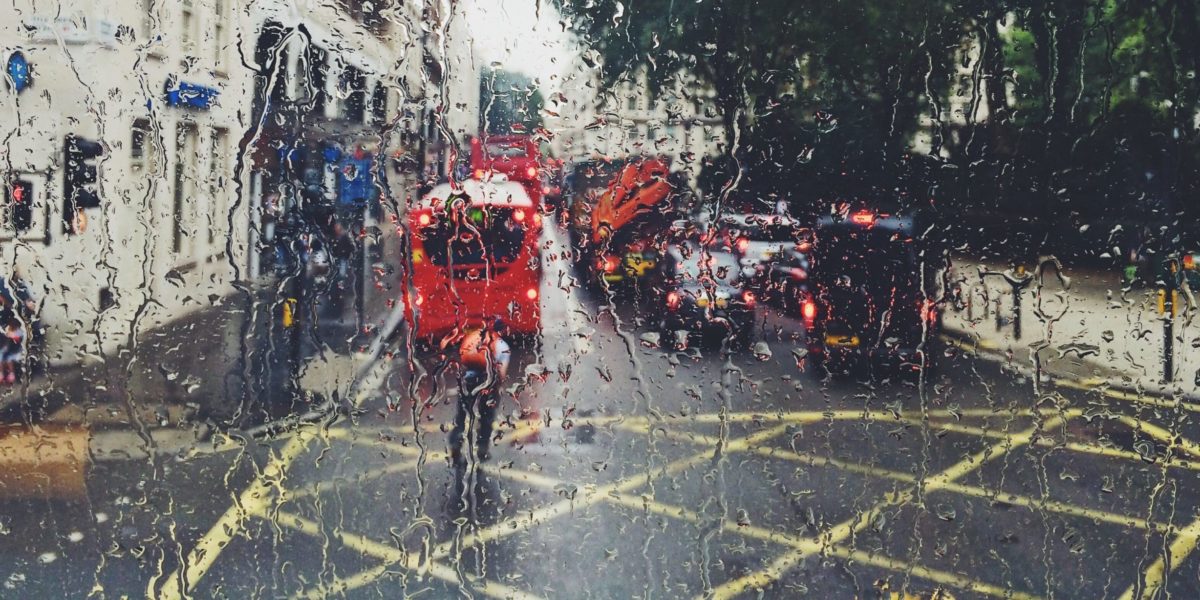Fine facts and roads policing
As LfT raises PCN fines, preventing poor driving is getting more difficult
TfL says increasing fines for road contraventions will provide a ‘more effective deterrent’.
Fines has always been a way of deterring misbehaviour. However, it’s a difficult balancing act finding a level of fines that deter effectively but without penalising drivers unfairly.
Transport for London (TfL) has announced a 25% increase in the level of the penalty charge for road contraventions. The RAC has described the increase as ‘eye-watering’.
Fine focus
Penalty charge notices (PCNs) are issued to drivers who fail to follow the rules on London’s network of red routes. Offences can include parking illegally in loading bays, blocking yellow box junctions and driving or parking in a bus lane.
TfL says there was a 26% increase in the number of PCNs issued for parking, loading, bus lane and moving traffic offences between 2016 and 2019. It leads to delays for road users and commuters, costing business huge sums over the course of a year. That comes along with the road safety and health implications. PCN fines will rise from £130 to £160.
The gamble
The increase is about deterring motorists from breaking ‘essential rules and safety restrictions’, rather than penalising them, according to TfL.
Siwan Hayward, TfL’s director of compliance, policing, operations and security, said: “We are committed to keeping London moving safely and efficiently.
“Non-compliance impacts London’s air quality, creates safety risks, disrupts traffic and creates congestion for everyone.
“Increasing the penalty charge for contraventions on our road network in line with inflation will provide a more effective deterrent to drivers and improve the safety and reliability of the network.”
Proportionality
The RAC says the new fines are approaching those imposed for ‘serious motoring offences’ such as illegal use of a mobile phone.
Nicholas Lyes, RAC head of roads policy, said: “While most drivers accept the need for enforcement to make roads safer and less congested, this increase in the level of fine is pretty eye-watering and not far off the fine for a serious motoring offence such as illegally using a handheld mobile phone.
“This change also comes after a recent permanent hike in the Congestion Charge and the expansion of the Ultra-Low Emission Zone which means driving in and around central London could well become even more expensive for some of the capital’s beleaguered drivers.”
A worrying picture
The debate could be a sign of what is to come nationally. With road safety statistics looking to be going into reverse, the use of such financial deterrent may seem the easiest tool to employ nationally. However, BBC’s Panorama programme that airs tonight reveals the reducing number of traffic police. Alongside this, the programme has discovered that large numbers of roadside traffic cameras remain unused. With this in mind, it is difficult to see how such deterrents can be effective. If errant drivers believe their chances of getting caught are slim and getting slimmer, the level of fine may become inconsequential.
There has been a 15% fall in dedicated traffic officers since 2016. Nearly half of Britain’s fixed speed cameras do not work, with four regions having no working cameras at all. Some 523 out of 1,092 permanent speed cameras in 26 police force areas are broken. In North Yorkshire, Durham and Northamptonshire there are no working cameras. Meanwhile, Wiltshire has no fixed or mobile cameras, only handheld devices.
Pay for what you get
The AA described the situation as a ‘postcode lottery’ for whether drivers will be caught.
The issue will be investigated in a Panorama documentary – ‘Britain’s Killer Roads?’ – on BBC One at 7.30pm tonight.
Matt Parr, who conducted a review of roads policing for Her Majesty’s Inspectorate of Constabulary, describes a picture of “negligible presence on the roads”. The reality is that the provision of dedicated of police officers has “been given a low priority”. In large part, this is due to a decade of austerity and government funding cuts.
‘The point is that the accident rate, the long decline that we’ve seen has started to turn around, and we think the only thing that really explains that is the relative decline of roads policing.’
The National Police Chiefs’ Council responded by stating that roads policing remains a priority. However, it is no secret that police funding is causing issues in many areas of established police work.
The Government told the BBC that the deployment of resources is a matter for each police force. It added that it is investing up to an extra £1.1billion in police funding next year.
Extra funding is welcomed, but road safety is unlikely to be a priority.
Capital leads
Meanwhile, in London, the increased penalties come into effect from today. The penalty charge will still be reduced by 50% if paid within 14 days. Unpaid after 28 days, and fines increase by 50%.





